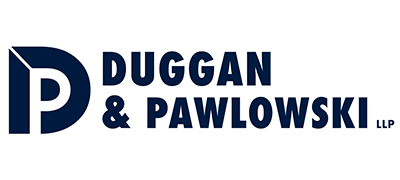Frequently Asked Questions About Real Estate Law
What is real estate law all about and how is it different from other areas of law?
Real estate law covers the right to possess, use and enjoy specific areas of land and permanent man-made additions on it. However, government bodies ultimately have the right to determine how commercial or residential real estate is used. Governments can take land through eminent domain actions.
In a buy-sell transaction, what is a purchase offer and how does it work?
The sale and purchase of a property in New York generally starts with a purchase offer from a potential buyer. The seller may then accept or reject the offer. A potential buyer may also cancel the offer. Assuming both parties agree, they may proceed to formalizing a buy-sell contract.
What is a partition action?
A partition action takes one piece of property and divides it into two or more pieces or it can force a co-owner to sell a piece of property. It is crucial to get legal counsel to make sure the title is free and clear before buying, selling, refinancing, altering or leasing it.
What is a quiet title action?
Through a quiet title action, a plaintiff — perhaps a potential buyer or seller of a property, or a current owner — brings a civil lawsuit petitioning a court to wipe out title defects.
Is it legal to buy and sell property without a lawyer?
Some buyers and sellers do successfully carry out purchases and sales through for-sale-by-owner (FSBO) transactions. However, many are unsure about what to do when selling or buying land. Some discover pitfalls and then have to spend on legal fees to deal with complications. It is legal but not advisable to buy or sell property without legal counsel. Also, New York Law requires that deeds and mortgages be prepared by a licensed attorney and it is a misdemeanor for a non-attorney to gain compensation for drafting certain documents. See NY Judiciary Law §485.
What are some rights and responsibilities of landlords?
A landlord generally has the right to set standards by which to decide who to rent or lease to and what uses to allow. The landlord also has the right to receive rent or lease payments as per the lease agreements.
Landlords may need to obtain licenses, purchase insurance and pay property taxes. They must clearly disclose terms of a lease or rental contract and follow laws such as the Fair Housing Act and the New York State Human Rights Law.
How Can I Get My Questions Answered?
Contact a residential and commercial real estate attorney at Duggan & Pawlowski LLP in Buffalo by email or by calling 716-575-5529.
